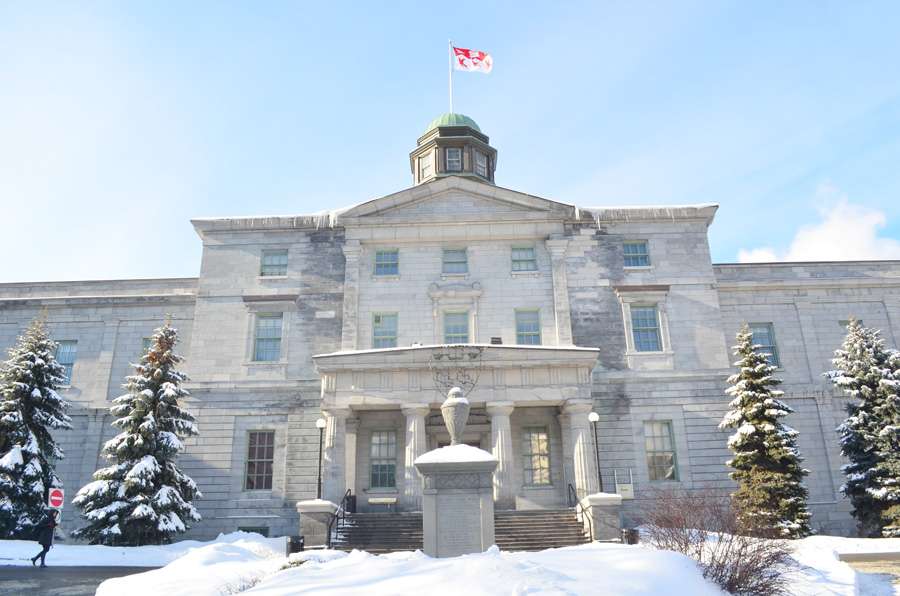There is a popular narrative among certain students—often conservatives—that universities are no longer the bastions of free speech they once were.
According to these narratives, liberal students used to have to fight for free speech, yet now are the only voices to be heard, and suppress the voices of those who disagree. Universities like McGill, the story goes, have taken political correctness too far, becoming ‘too liberal.’
A similar argument was made by Sharon Xie in a recent Tribune article entitled “McGill’s pitchfork brigade.” In it, she claims that “from campus media to professors, it seems that a certain assumption is made. The Liberal (as in the Liberal Party of Canada) viewpoint is the right viewpoint.” Even more alarmingly, Xie claims that this Liberal dominance has created an environment in which it is “unsafe” to express dissenting opinions.
“Our community,” writes Xie, “is only tolerant when the masses agree with you” and is one in which “students are only given one option.” This picture of McGill’s intolerant and monolithically Liberal ‘masses’ actively suppressing dissenting viewpoints is, thankfully, a fiction.
First off, Liberals—if we are going by the party—don’t hold a monopoly on legitimate political speech at McGill. Far from it. McGill is simply too large and too diverse of a community to be dominated by one political group, let alone one with 37 out of 308 seats in the House of Commons. From campus media to student life, our community’s institutions promote a vast array of political views and encourage healthy debate in a safe and respectful environment—publications such as the left-leaning McGill Daily to the more conservative Prince Arthur Herald are widely read. Clubs such as Conservative McGill and the McGill Quebec Sovereigntist Committee are vibrant and successful. Four executive members of NDP McGill were elected to the House of Commons in the last federal election.
The claim that McGill’s political environment is “unsafe” for non-Liberals is even more dubious. It is argued for example that at McGill, “any claim of being anything other than a Liberal will warrant a demand for an explanation and justification of your political association.” While having one’s political opinion challenged on a regular basis can be tiresome, simply having one’s opinions criticized doesn’t make it unsafe to hold that opinion. Indeed, we should be proud that voices which are more prevalent in the rest of society aren’t as dominant at McGill and are challenged more often. This holds true for liberals and conservatives alike. Universities should be where conversations that challenge established norms are not only allowed, but encouraged. If that means we get called out on political opinions more often, so be it.
So what explains the narrative that places like McGill are ‘too Liberal?’ One possible explanation is that conservative students feel their opinions aren’t as valued at universities as they are in other social spaces. They conclude that this is due to active suppression of their voices on campus. This is not the case. We need to stop pretending that conservative voices aren’t heard at McGill. What they are is deeply unpopular. Those are two very different things. Conservatives should ask themselves why their opinions are so unpopular on campus.
When we have a Prime Minister who mocks evidenced-based policy by calling it “committing sociology,” muzzles government scientists, and proposes cutting the long-form census, it’s understandable that many people at universities like McGill would find their ideology unappealing—many of the policies and rhetoric of the current Conservative government don’t reflect the values of many university students. Rather than paint false pictures of campus political dialogue as unsafe, conservatives should look within their own movement to explain its unpopularity at McGill.








